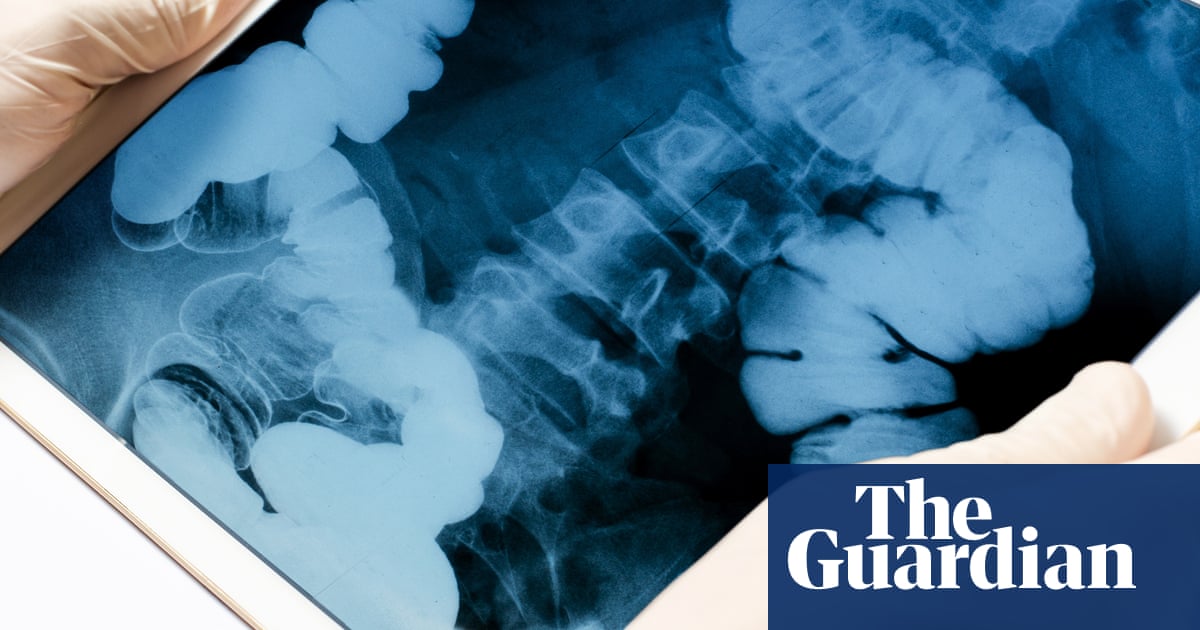The US leading US clinic hopes to help the biogas of bolts researchers to discover new discoveries on how to treat cancer patients – one of the many efforts to operate Human waste In medicine.
Mayo Clinic Biobank is part of the efforts of researchers that lasted for years “to give” medicine “by detecting how microbium changes how patients interact with cancer medications.
“If I can know this by looking at a person and its genes with regard to the drug that they will likely respond to, I want to choose this medicine as a first step,” said Burna Kashib, director of Mayo Clinic’s Microbiomics, who is supervising the biological bank.
In comparison, most cancer medications are used today as a system, or, as Kashyap prescribes: “Everyone gets this treatment from the first line, and everyone gets this as a treatment from the second line, and everyone gets this as a treatment from the third lines.”
At the heart of the clinic efforts to understand the microbium, there is a vital bank for more than 2000 samples of stool – a group with the ICK factor – but researchers can help them to understand the cause of patients ’response differently to the treatment of cancer.
The idea behind the research is that, in addition to human cells, every person has a microbium, a group of “microbial coexistence” 100 Tin Vern: bacteria. Microbes are what we “rely on [on] To help nutrition, resist pathogens, and educate our immune system. ”Researchers have written before sciences. These bacteria colonize our bodies, from skin to courage.
Biobanks work on cancer is just one of several wide-ranging efforts that seeks to understand how the intestinal microbium can mediate in how patients respond to cancer treatment-such as whether the tumors shrink in response to chemotherapy or the severity of the side effects.
Along these lines, researchers I tried With the colonization of courage for patients with new bacteria through stool transplants. Although they are still in the research phase, experiences produced some Promising results. The same idea has researchers looking for “Crape” and “Krisper-Eng” the intestine microbium, according to a new book by Dr. Eric Topol, Head of the Translation Medicine Department of the Scripps Research Institute.
BIOBANK’s work comes, and Kashyap expects that it can publish some results this summer, while the broader scientific community is being attacked by the Trump administration. The White House suggested significantly unparalleled discounts for the scientific institutions of the United States, including a Cut 40 % To the National Institutes of Health (NIH).
While private companies and hospital systems, such as Mayo Clinic, are working on individual studies, almost no one in the research community believes that Puny’s special budgets can fill a vacuum the size of the federal government.
Likewise, Minister of Health Robert F. Kennedy Junior, who is about 20,000 jobs from the Ministry of Health and Humanitarian Services at risk to some government vital works – as the case with the centers of control and prevention of the gonorrhea sample, which numbered about 50,000 samples of the gonorrhea, whose fate was not known after the employees put.
“The types of vital banks and data collection. National Institutes of Health are open and openly available.” In the pipeline Blog on drug development.
“There are not many other people who do things like this.”
